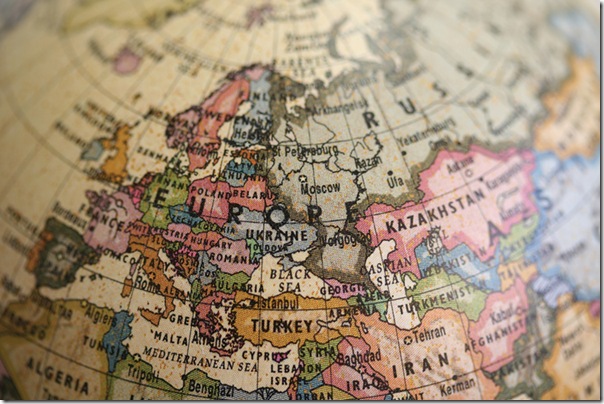Extradition
Ryan Jennings looks at how Northern Ireland fits into extradition within the UK as a whole and finds out which way the flow goes.
Only the large and interesting extradition cases make the news and it would be easy to forget that it can take place without too many people noticing.
For England, Wales and Northern Ireland, the Extradition Act 2003 applies to all requests made to and by the jurisdiction. That act sets out a multilateral agreement among all EU members who recognise the European Arrest Warrant – finalised by the Council of Europe in June 2002, as well as 93 other countries around the world.
The Republic has agreements with just two countries: Australia and the US.
The second part of that Extradition Act sets out the transfer of an individual from countries with which the UK has no agreement, though the powers are rarely used.
Until April 2008, Northern Ireland made its own extradition requests. agendaNi understands that up until that date, requests to and from the PSNI were so few that practically and administratively it was easier to include the province in the same jurisdiction as England and Wales.
The state requesting extradition is generally represented before the courts in England and Wales by the Crown Prosecution Service, though the Public Prosecution Service would fill that role in Northern Ireland.
Extradition within the EU is enforced with through the Serious and Organised Crime Agency (SOCA), those which involve countries outside of the EU, the Home Office itself takes the lead. Indeed it also retains overall responsibility for all extradition policy.
Solely using statistics to understand extradition can prove problematic as no timeframe is set for an extradition request to be carried out. Indeed an EAW issued, for example, by the UK may not lead to the individual being surrendered until the next calendar year. Hence statistics can be distorted.
UK stats are not broken down so it is not possible to see how many requests were made either to Northern Ireland or by the province.
Taking statistics available from 2004 as a whole, unsurprisingly 104 of those returned to the UK were arrested in Spain, likely because of the Costa climate. Interestingly, 346 of the total 935 individuals extradited by the UK since that date have been to Poland, though offences which merit extradition in that country include stealing bread and chicken rustling.
Proximity does not appear to play a part in extradition requests, given that the UK has only requested 74 individuals from the Republic. Also, no official special relations exist between the North and South and each request must go through the same route as any other EU member i.e. through SOCA.
Lithuania also contributed 174 of the outbound total, with the Czech Republic and Romania requesting 47 and 13 respectively.
Up until the end of 2008 the Republic surrendered 194 individuals while 87 were returned to Ireland. Seventy-three of that 194 left the South to other EU states. Thirty-two made their way to the UK, 17 to Poland and seven to the Czech Republic.






